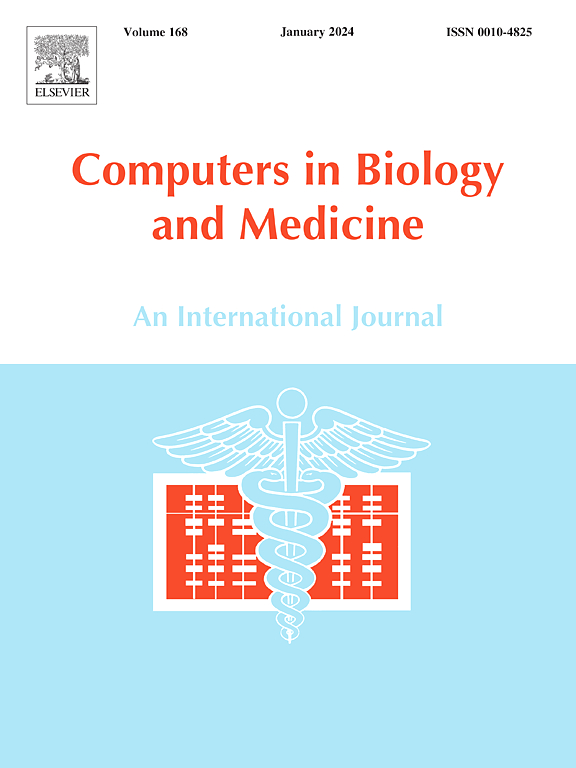Suicide ideation detection based on documents dimensionality expansion
IF 7
2区 医学
Q1 BIOLOGY
引用次数: 0
Abstract
Accurate and secure classifying informal documents related to mental disorders is challenging due to factors such as informal language, noisy data, cultural differences, personal information and mixed emotions. Conventional deep learning models often struggle to capture patterns in informal text, as they miss long-range dependencies, explain words and phrases literally, and have difficulty processing non-standard inputs like emojis. To address these limitations, we expand data dimensionality, transforming and fusing textual data and signs from a 1D to a 2D space. This enables the use of pre-trained 2D CNN models, such as AlexNet, Restnet-50, and VGG-16 removing the need to design and train new models from scratch. We apply this approach to a dataset of social media posts to classify informal documents as either related to suicide or non-suicide content. Our results demonstrate high classification accuracy, exceeding 99%. In addition, our 2D visual data representation conceals individual private information and helps explainability.

基于文档维数展开的自杀意念检测
由于非正式语言、嘈杂的数据、文化差异、个人信息和混杂的情绪等因素,对与精神障碍有关的非正式文件进行准确和安全的分类具有挑战性。传统的深度学习模型往往难以捕捉非正式文本中的模式,因为它们错过了长期依赖关系,无法从字面上解释单词和短语,而且难以处理表情符号等非标准输入。为了解决这些限制,我们扩展了数据维度,将文本数据和符号从一维空间转换和融合到二维空间。这使得使用预训练的2D CNN模型,如AlexNet, Restnet-50和VGG-16,无需从头开始设计和训练新模型。我们将这种方法应用于社交媒体帖子的数据集,将非正式文件分类为与自杀或非自杀相关的内容。结果表明,分类准确率达到99%以上。此外,我们的二维可视化数据表示隐藏了个人隐私信息,有助于解释。
本文章由计算机程序翻译,如有差异,请以英文原文为准。
求助全文
约1分钟内获得全文
求助全文
来源期刊

Computers in biology and medicine
工程技术-工程:生物医学
CiteScore
11.70
自引率
10.40%
发文量
1086
审稿时长
74 days
期刊介绍:
Computers in Biology and Medicine is an international forum for sharing groundbreaking advancements in the use of computers in bioscience and medicine. This journal serves as a medium for communicating essential research, instruction, ideas, and information regarding the rapidly evolving field of computer applications in these domains. By encouraging the exchange of knowledge, we aim to facilitate progress and innovation in the utilization of computers in biology and medicine.
 求助内容:
求助内容: 应助结果提醒方式:
应助结果提醒方式:


